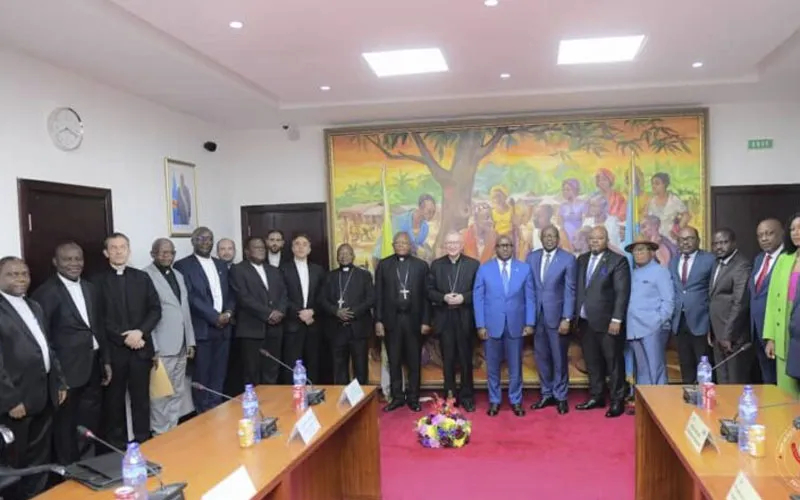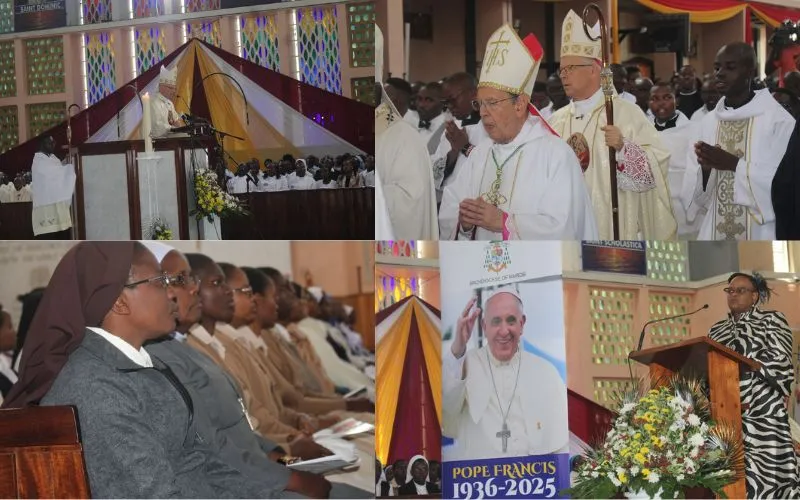Kinshasa, 07 July, 2022 / 10:45 pm (ACI Africa).
The Vatican Secretary of State has described the signing of new agreements between the Catholic Church and the government of the Democratic Republic of Congo as the beginning of “a new, more intense, and orderly collaboration”.
On July 2, members of the National Episcopal Conference of Congo (CENCO) signed five agreements with the authorities in the Central African nation recognizing the official standing of the Catholic Church, which had previously been registered as a non-profit entity.
CENCO President, Archbishop Marcel Utembi Tapa represented the Catholic Church in the pacts that were signed with the five DRC government entities, which included the Ministries of Foreign Affairs, Health, Justice, Finance, Higher Education and Universities, and Local Affairs.
Speaking after the signing of the agreements, Pietro Cardinal Parolin said, “The Agreement consolidates the partnership which has united the Catholic Church and the political authorities of this country for centuries, at the service of the entire population.”
“The interest of the Church, in these relations with the civil authorities, is focused on working together for the integral human development of all people, without ethnic or religious distinctions, and especially the poorest and most needy,” the Cardinal said.








